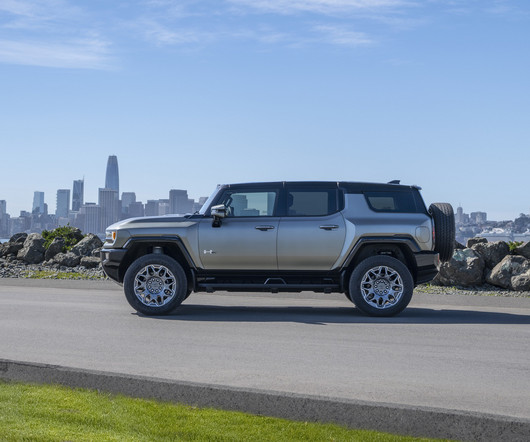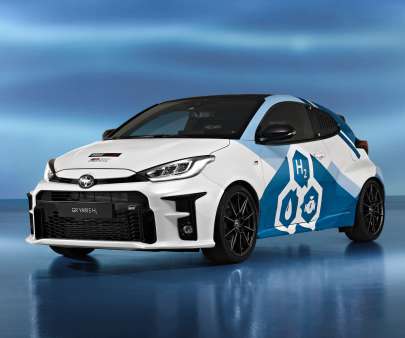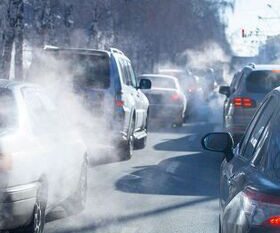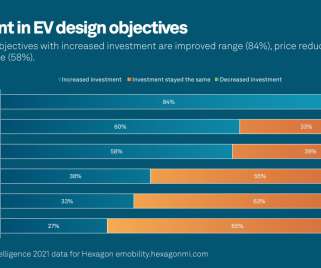T&E concludes that diesel cars emit more CO2 on a full lifecycle basis than gasoline cars
Green Car Congress
SEPTEMBER 18, 2017
accounting for the emissions generated during production of the vehicle and the fuel. To derive the emissions figure, T&E said that it made a number of assumptions for their calculations: The average gasoline lifetime driving distance of 175,000 km (108,740 miles) is taken as the starting point. l/100 km (37.3 mpg US) and 7.1









































Let's personalize your content